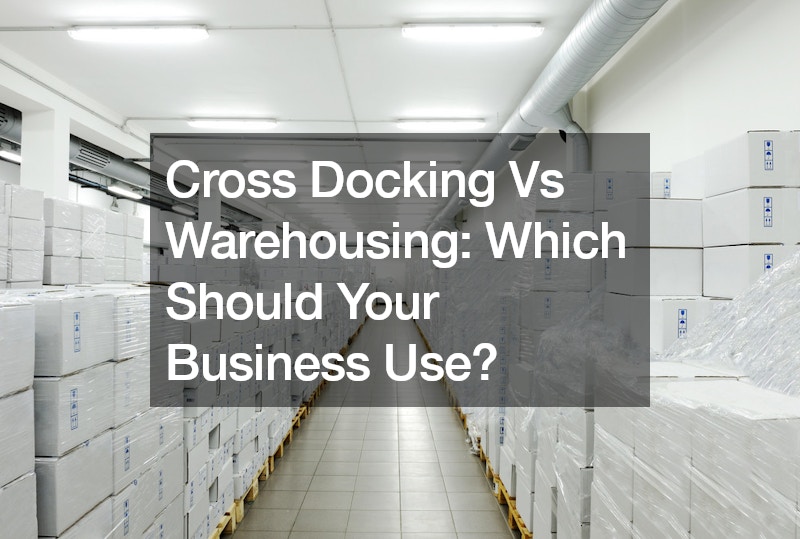When deciding between cross-docking and warehousing services, it’s crucial to understand each option’s unique benefits. Cross docking involves unloading goods from incoming trucks and immediately loading them onto outbound trucks, minimizing storage time. This method can significantly reduce inventory holding costs and improve supply chain efficiency, making it ideal for businesses with high turnover rates and perishable goods.
Warehouse services, on the other hand, involve storing goods in a facility until they are required for distribution. This option helps businesses with the flexibility to manage inventory levels and meet customer demand. Warehousing is beneficial for companies with seasonal products, long-term storage needs, or those requiring customized inventory management.
Cross docking is best suited for businesses that require rapid movement of goods and can handle just-in-time delivery models. It helps streamline the supply chain, reduce handling times, and lower transportation costs.
Warehousing services offer advantages such as better inventory control and the ability to handle a wide range of products. It allows businesses to store surplus inventory, ensuring they can satisfy customer demand even during peak seasons. Additionally, warehousing can provide value-added services, enhancing overall operational efficiency.
Cross docking is ideal for fast-moving, time-sensitive goods, while warehousing offers greater flexibility and control over inventory. You can determine the most suitable approach to optimize your logistics strategy and improve business performance by carefully evaluating your supply chain dynamics and customer demands.
.






